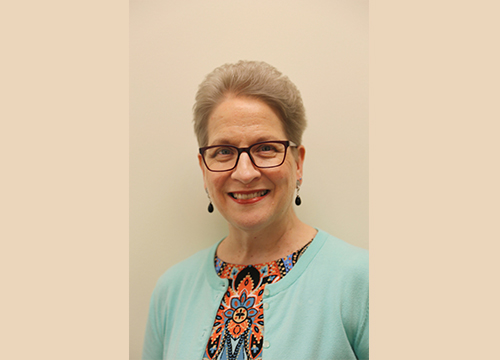28th Sunday in Ordinary Time: Is 25:6-10a; Ps 23:1-3a, 3b-4, 5, 6; Phil 4:12-14, 19-20; Mt 22:1-14
As a cantor, I have sung many folks into the arms of God and have listened as today’s first reading brought comfort to their grieving families. Its vision of an abundant feast provided to all peoples opens the horizon of hope for loved ones left behind, who know well the flaws and failures of the departed and of those who remain.
Its declaration of divine victory over death (“…he will destroy death forever”) and of God’s tender care of all who weep (“the Lord God will wipe away the tears from every face”) speaks to a reality beyond the tangible, visible, concrete world of old age and physical decline, of unexpected tragedy and unspeakable loss.
For the prophet, this optimistic oracle arises out of surrender to the Lord God, in the face of insurmountable difficulties, far beyond the problem-solving ability of human beings. The author realizes that only God can address the complex effects of human sin and death, described here as a veil or web “woven over all nations.”
Death refers not simply to the end of physical life, but to the potent force behind all that threatens and diminishes life along the way.
“On this mountain,” heard three times, invokes Mount Zion, the place of God’s clear and unmistakable presence to which all nations will stream. Israel’s disobedience will be overcome by God’s abundant grace, their shame removed “from the whole earth” so that God’s purpose of drawing all peoples to Godself will be fulfilled.
The banquet image binds the Isaiah reading to Psalm 23 and the Gospel, but we dare not bypass the shepherd in our rush to the table.
In Psalm 23, which begins, “The LORD is my shepherd,” one word unlocks the power of the whole text. The first verses celebrate the relationship of the psalmist to God. As shepherd, God anticipates and satisfies needs — for nourishment, rest and refreshment; guidance, protection and encouragement.
Prose witness to God’s presence, however profound, falls a bit flat in the face of the shepherd metaphor, which opens for the listener imaginative vistas of new possibility. It seems to say, no matter how deep the darkness, God the shepherd can lead us out. This resonates with the daring hope expressed in Isaiah and speaks profoundly to our own time.
Now comes the banquet. Hospitality flows from the visual feast laid out in the next verse. The enemies can only gawk at the abundant table and overflowing cup. Even the Hebrew verb for applying the oil suggests luxury and plenty.
Again, God’s shepherding leads to rich refreshment and respite from fear. The final verse makes God’s hospitality even more personal, as the psalmist confides, “I shall dwell in the house of the Lord for years to come.”
In the Gospel, Jesus directs the parable of the wedding feast to the religious authorities who oppose him. In typical fashion, he begins within the norms of cultural behavior.
The king sends out servants to invite the guests; the invitees refuse at first, waiting to find out more about the event (and the guest list) and whether attending will bring them honor or shame.
A second invitation provides additional detail (calves and fatted cattle) as an enticement. Some make excuses, while others murder the messengers. The king destroys them and burns their city to the ground.
Then he invites everyone “bad and good alike.” Still one guest proves unworthy and gets tossed out.
Though Matthew deploys this parable of Jesus in hindsight, after the death of John the Baptist, the death and resurrection of Jesus, and the destruction of Jerusalem in AD 70, his indictment of those who claim to possess the truth but cannot abide prophetic voices still rings true. And the one who seemingly accepts God’s invitation but does not bother to “put on Christ” risks losing a seat at the table.
Melanie Coddington holds a Masters in Pastoral Studies from Loyola University in New Orleans. She serves as Catechetical and Music Minister at Christ the King Church, Abingdon.

